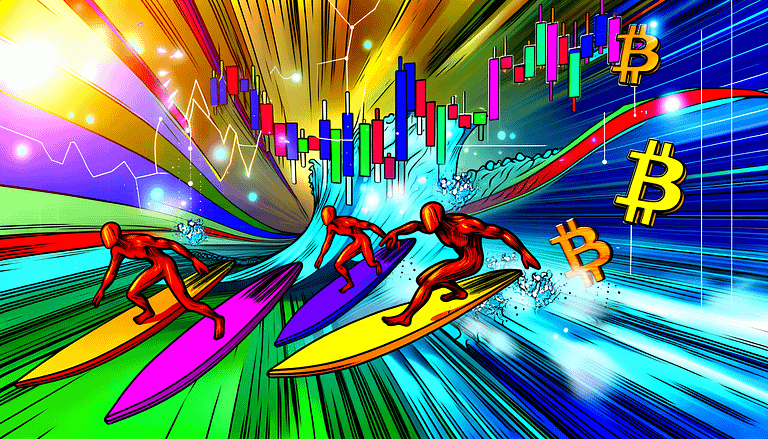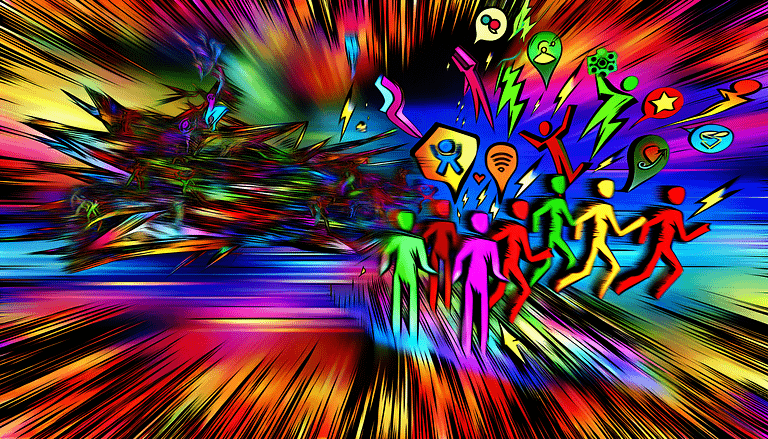Nintendo Shuns AI in Game Dev Over IP Risks
In A Nutshell
Nintendo, a leading name in the video game industry, has recently declared its decision to abstain from utilizing generative artificial intelligence (AI) in the creation of their video games. This decision stems from concerns regarding the potential breach of intellectual property (IP) rights. During a shareholder meeting, Nintendo’s president, Shuntaro Furukawa, voiced his concerns about the risks associated with generative AI, despite acknowledging the technology’s burgeoning creativity in the field.
Nintendo’s Stance on Generative AI
In the era of rapid technological advancement, Nintendo opts for caution. Furukawa articulated that while generative AI harbors the potential for enhanced creativity within game development, it simultaneously poses significant threats to intellectual property rights. This duality of potential and peril has led Nintendo to decide against integrating generative AI elements into their future game titles.
The Role of AI in Gaming: A Historical Context
AI has been a cornerstone in the evolution of video games, enhancing the gaming experience through improved graphics, more complex storylines, and more challenging gameplay. Nintendo, with decades of experience in the industry, recognizes the value of AI in game development. However, the company maintains that the novel capabilities offered by generative AI do not align with their commitment to protect intellectual property and deliver the highest quality gaming experiences to their customers.
Preserving Nintendo’s Legacy
Despite Nintendo’s cautious approach towards generative AI in game development, efforts are being made to ensure the longevity of its classic games. A notable project involves inscribing an emulator for the Nintendo 64 (N64) console on the Bitcoin network, using the Ordinals protocol. This initiative, led by Trevor Owens, CEO of Bitcoin Ordinals portfolio tracker Ninjalerts, aims to preserve classic video games on the blockchain in a legal manner. Owens emphasizes the importance of advancing discussions with preservationists to secure a future for endangered classic games within legal boundaries.
Our Take
Nintendo’s decision to steer clear of generative AI in game development is a significant stance in today’s rapidly evolving technological landscape. It highlights a deliberate prioritization of intellectual property rights and quality over jumping on the bandwagon of emerging tech. This move by Nintendo underscores the importance of balancing innovation with the ethical considerations and legal boundaries of creative content. As the video game industry continues to evolve, it will be crucial for companies to navigate these challenges carefully to protect their legacies while embracing the future of gaming.







